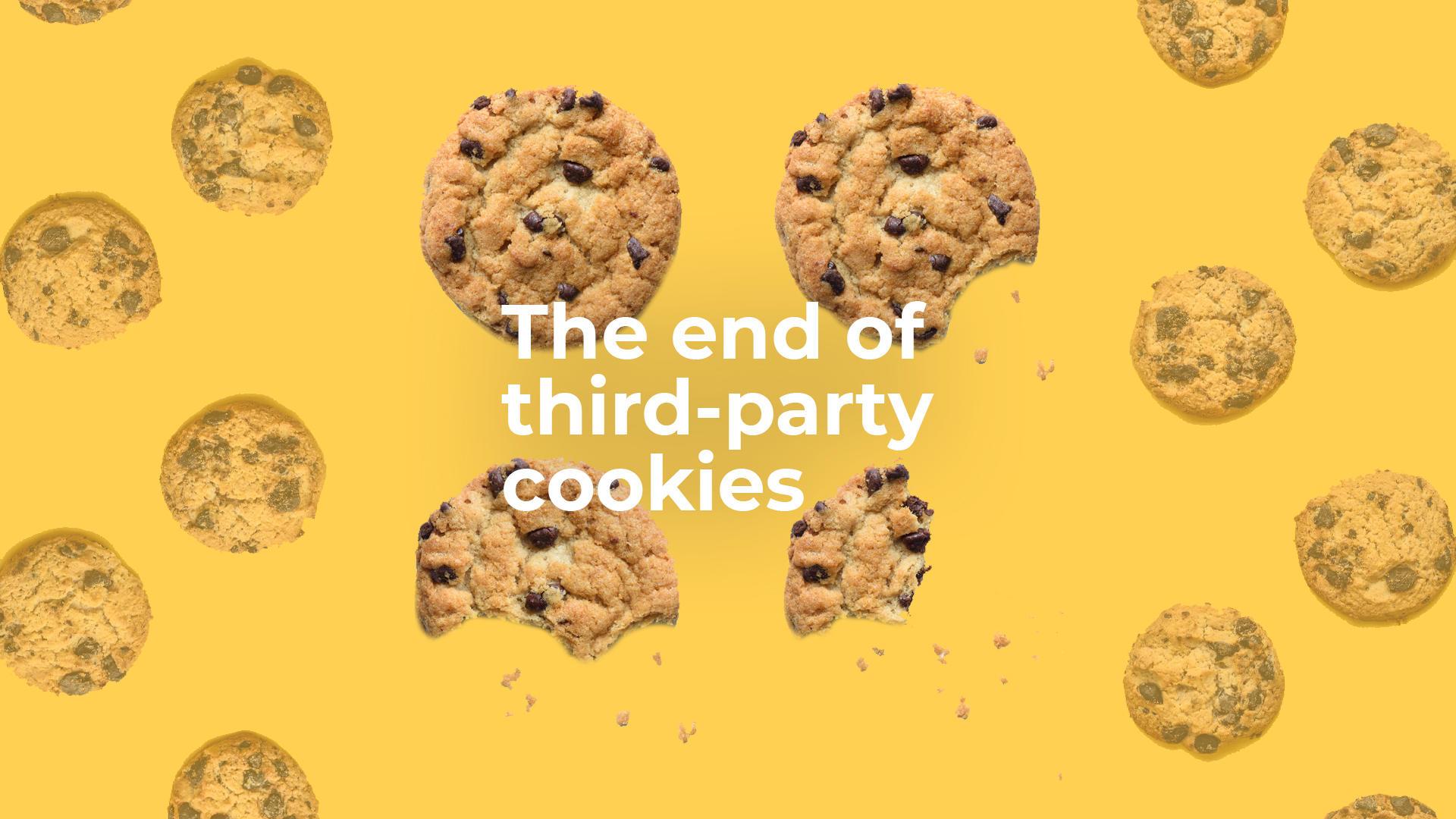Cookies
473: it’s the number of cookies that I actually have on my laptop. I have to admit I’m quite surprised to have so much of them. It means that my past browsing history (probably hundreds of websites) is gathering information on me. It might look like a lot, more importantly worrying, especially during an era when the use of our personal data gathered online is an issue. Please note that I haven’t written this blog post to debate about how good or bad cookies are, but to explain what the end of third-party cookies will change. You will be able to build yourself an opinion on your own.
Let’s start with the basics: what is a cookie?
Essentially, it’s a piece of information stored in a text format on your computer. It helps your web browser to ease your navigation and to make it faster by remembering it some information. So, when you are going back on a site and that it remembers your connection credentials, it’s highly likely cookies are behind this. Imagine a world where you would have to remember all the passwords that you use online: the person who invented the ʺForgot Passwordʺ functionality would be considered a genius as prodigious as Einstein!
However, cookies have a bad reputation when used for marketing purposes. A concrete example of this use is when you shop online on a specific site and that later, you see an ad of the exact product you were looking earlier when casually scrolling your Instagram feed. You guessed it: third-party cookies can transmit the information they are gathering to third parties (all that are not the website you visited). It’s also these specific cookies that are at the root of several legislation to control data gathering around the world. One of the most famous examples would be the GDPR, which covers the European Union. It requires the websites to ask for its users’ approval to gather information on them.
Now, Google restated that it will put an end to third-party cookies on Chrome by 2022. It’s a huge statement for one of the most used browsers around the globe. Since Safari and Firefox have ceased to use them in 2013, Google basically announced their death. Pause: I just explained to you what’s a third party cookie and told you they are going to disappear this year… It seems a little counterproductive, right? But in the end, what’s really going to change?
What will stay the same:
- Not all cookies will disappear, only the third parties ones.
You won’t have to remember all your passwords (fiouf!). - The end of this specific kinds of cookies was overall predictable with all the new legislation that is getting adopted around the world. Many big web companies have already started to adapt to this change.
- Information on customers will continue to be gathered, but by the First Party cookies, which are the one gathered by a brand on their site.
What will change:
- Smaller tracking and marketing companies will have difficulty to survive. With this kind of cookie disappearing, Google gave a tremendous advantage to its own tools (like Analytics) at the expense of smaller marketing solutions.
- Data that will still be collected will be, but differently. There will probably (surely read) a lot of innovation through the next years.
Whatever is going to happen by the end of the year, technologies will always evolve on the web. There will always be new ways to collect data and to use it in advertising. With the polemics of the latest years on how this data is used, the good news is that we continue to evolve towards an advertising model that is centred on consumers’ interests. It’s not crazy to think that in the future, you will only see ads that are relevant, useful and not annoying to you (unlike the double unskippable ads in the middle of a YouTube video). There is work to be done, but we’re on the right track.
Written by: Jean-Nicolas Lévesque



